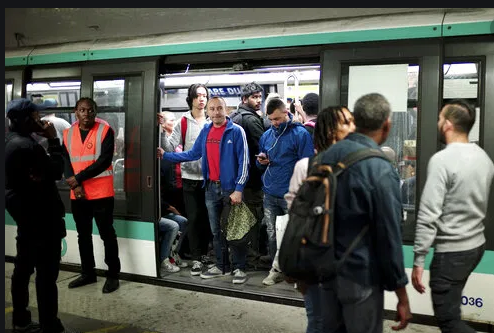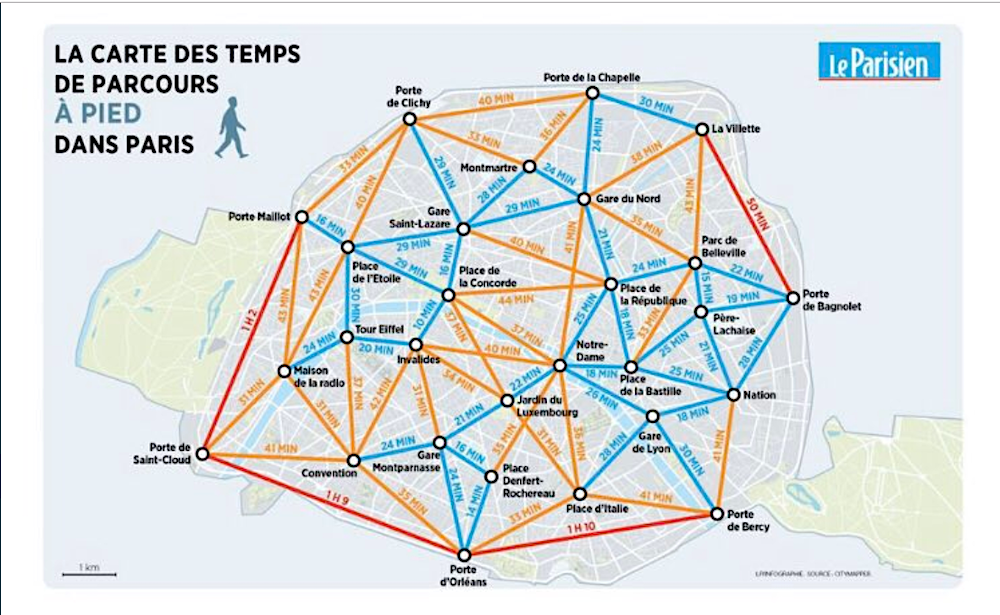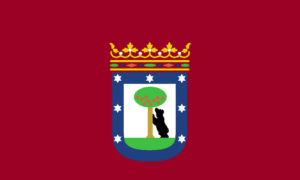Locals and long-term expats in Paris still reminisce about the seemingly endless transport strike in the winter of 1995, or even the 28-day strike back in the 1986/87, but the current strike is now set to break all previous records. Ongoing since early December, there is no end in sight.
About a million people took to the streets across France starting 5 December to voice their anger about President Marcon’s pension reform plans.
Those reforms include:
• creating a more streamlined, universal points-based pension system
• scrapping the current 42 distinct systems in the public sector and other corporations
• ending various perks including allowing certain rail workers to retire in their early 50s
Paris brought to a standstill

As part of the union actions, the French transport system was brought to a standstill: the metro, bus and tram lines in Paris were either completely closed or severely disrupted, as were the suburban trains, the RER lines.
The rail network SNCF cancelled countless trains as did the international Eurostar, and many airlines cancelled flights in anticipation of the disruptions.
Living in Paris, the start of the strikes seemed to me nearly pleasant: my closest link, the Métro Line 1 – which, together with Line 14, is a driverless, automated service – was running on time. With many people taking time off work because of the foreseen disruption, I found the normally bustling line actually empty with seats available for all. Stations were deserted, as were parks and streets in Paris.
I thought it a lovely change from the usually crowded holiday season when Paris fills up with tourists and shoppers. Where Métro Line 1 would not take me, I walked, boosting enormously my required 10,000 daily steps.
Alas, my initial thrill soon gave way to irritation.
As the strikes continued and spread:
• the bins in my arrondissement were not emptied for days, filling the narrow pavements with rubbish, much to the joy of the already thriving Paris rat population.
• some arrondissements suffered electricity outages while people with family abroad and holiday plans started to – rightly – panic about getting away from France.
• pricey tickets to special performances at the Opéra Paris were lost as the dancers and musicians were also striking.
Tales of chaos and resilience
The occasional riots were very reminiscent of the Yellow Vest protests just a year earlier.
Small businesses started to suffer, schools became inaccessible to teachers and students, and those who must deal with a daily commute to work are hit hard.
While certain metro and RER lines still run first thing in the morning, the crowds are horrendous, the services unreliable and there is no assurance the service will get you back home in the evening.
Expat social media sites started filling up with calls asking for help and calls offering help. Rides to airports and car-shares are posted daily and the many local bicycle, scooter, moped and car rental services discussed in detail.

Spoof maps of how many steps and calories are spent walking between metro stations circulated on the Internet, and people started comparing walking routes and comfortable shoes
There were horror stories, with one woman giving birth in an overcrowded train – with her baby being given a lifetime pass on the local transport system, an irony that must have stung at the time – fights breaking out, tears of frustration shed and so much business lost.
But equally there is a positive undercurrent always shining through, and the adaptive nature of people under pressure is being honed. One day, when I was stuck on a bus that had miraculously appeared just when I needed it, I was squashed so close to other passengers that I could only envy canned sardines living in spacious palaces. I witnessed despair, with people pushing onto the filled-to-capacity bus, preventing others actually getting off and two people started fighting.
Yet others decided that if you must be that close to a stranger, you might as well get to know them better. Conversations began across the bus, unfortunate tourists were advised as to best routes and alternatives to take, and I even saw telephone numbers being exchanged.
While many commuters, tourists and small businesses are being pushed to the brink of their patience and livelihoods, strikes are part of daily life in France, with a recent study finding there has not been a single year since 1947 when there wasn’t a transport strike.
It is a case of adopting the Paris motto: Fluctuat nec mergitur – tossed (by the waves) but not sunk. Getting around Paris, and France, is not by any means impossible, you’ve just got to use your imagination.

About the author:
Ulrike Lemmin-Woolfrey is a freelance travel writer, guidebook author, and serial expat. Having lived in seven countries on three continents and two hemispheres, she is currently based in Paris, France.
See more of Ulrike’s work on her website here.
Follow her on Instagram here.
Follow her on Facebook here.














